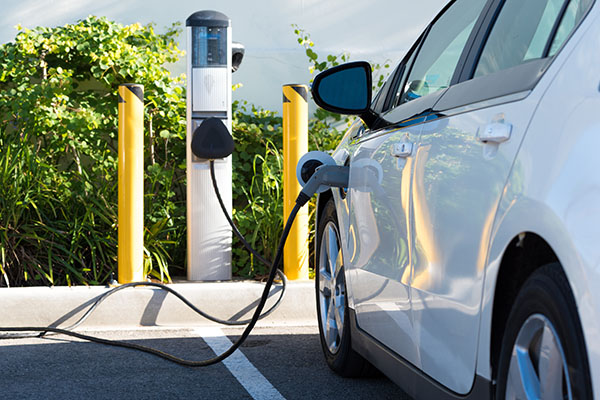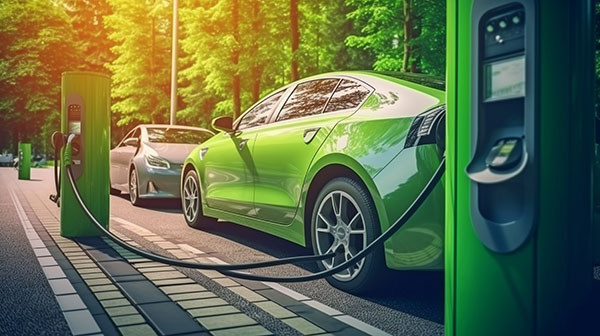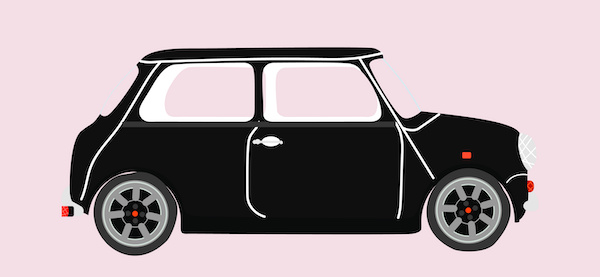Posted on 11/27/2023

The allure of hybrid vehicles is undeniable. They promise a greener footprint, fuel efficiency, and the latest in automotive technology. Europe has positioned itself as a pioneering force in the hybrid vehicle revolution, fostering environmental consciousness and innovating mobility. However, beneath the glossy exterior and silent engines of these modern marvels lie challenges that drivers need to know before joining the eco-conscious crusade. 1. Battery Life's Diminishing Returns At the heart of every hybrid car lies its battery – a component as crucial as it is complex. European hybrids are no exception, but they, too, face the inevitable decline of battery life. Over time, rechargeable batteries suffer from capacity loss, meaning your vehicle may not take you as far as it once did on a single charge. Why does this happen? Like any battery-operated de ... read more
Posted on 10/30/2023

Congratulations on considering a hybrid BMW as your next dream ride! As the world of automotive technology advances, the integration of hybrid systems into luxury cars has become increasingly popular. If you're intrigued by the idea of combining BMW's renowned performance with eco-conscious engineering, you've come to the right place. This comprehensive FAQ guide is designed to provide you with the essential information you need to know about hybrid BMWs, so keep on reading if you want to find out more! How does the Hybrid System Work? The hybrid system in a BMW seamlessly switches between the conventional engine and the electric motor based on driving conditions and the driver's preferences. It can operate in an all-electric mode for short distances, switch to the combustion engine for higher speeds or when more power is required, and also use both simultaneously for optima ... read more
Posted on 9/27/2023
.jpeg)
When it comes to fueling your Volvo, choosing the right gasoline grade is more than just a matter of preference. It's about ensuring your car runs smoothly and efficiently. Let's delve into why selecting the correct fuel grade matters and how it can impact your Volvo's performance. Why Fuel Grade Matters Your Volvo's engine is engineered to perform optimally with a specific gasoline grade. Using the right fuel ensures: 1. Engine Efficiency: Premium-grade gasoline with a higher octane rating is often recommended for Volvo models. It promotes smoother combustion, helping the engine run more efficiently. 2. Fuel Economy: The right gasoline grade can enhance your car's fuel efficiency, saving you money at the pump and reducing emissions. 3. Engine Protection: Using the correct fuel grade helps prevent engine knocking and pinging, protecting your Volvo's vital components. How to Find Your Volvo's Ideal Gaso ... read more
Posted on 8/25/2023

As the automotive landscape undergoes a transformation, electric vehicles (EVs) are gaining rapid popularity all around. With advancements in technology, improved charging infrastructure, and a growing emphasis on sustainability, more drivers are making the switch to electric. Here are some of the most popular electric vehicles currently capturing the hearts of American buyers: Tesla Model 3 Leading the EV revolution is the Tesla Model 3. With its impressive range, stylish design, and cutting-edge technology, the Model 3 symbolizes electric luxury. Its range can vary based on battery size, but it can go over 300 miles on a single charge, making it a practical choice for many daily commutes. Tesla Model Y Similar to the Model 3 but in SUV form, the Tesla Model Y offers an elevated driving position and additional cargo space. Its impressive range and Tesla's Supercharger network make it a popular choice for those who prioritize both performance and practicality. Chevrolet Bol ... read more
Posted on 7/30/2023

Regular maintenance check-ups are not just an optional expense for MINI car owners but a wise investment in preventing potentially costly repairs. You can save time and money by proactively addressing minor issues before they escalate. Regularly carrying out preventative maintenance can help you avoid expensive repairs. Benefits of Regular Check-Ups for Your MINI Carrying out regular check-ups on your vehicle has the following benefits: 1. Identifying Potential Issues Early During regular check-ups, trained technicians inspect various components of your vehicle to identify any potential problems early on. This includes checking for leaks, worn-out parts, or signs of damage that may lead to more significant issues if left unaddressed. By catching these problems early, you can prevent them from developing into larger, more expensive repairs. 2. Extending the Lifespan of Your Vehicle Routine maintenance activities like replacing filters and changing oil and fluid top-offs ensure you ... read more